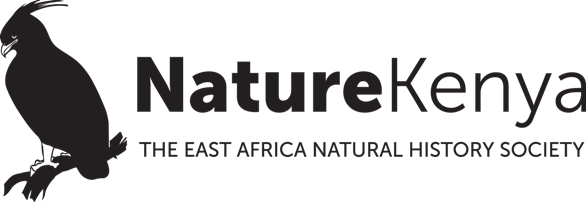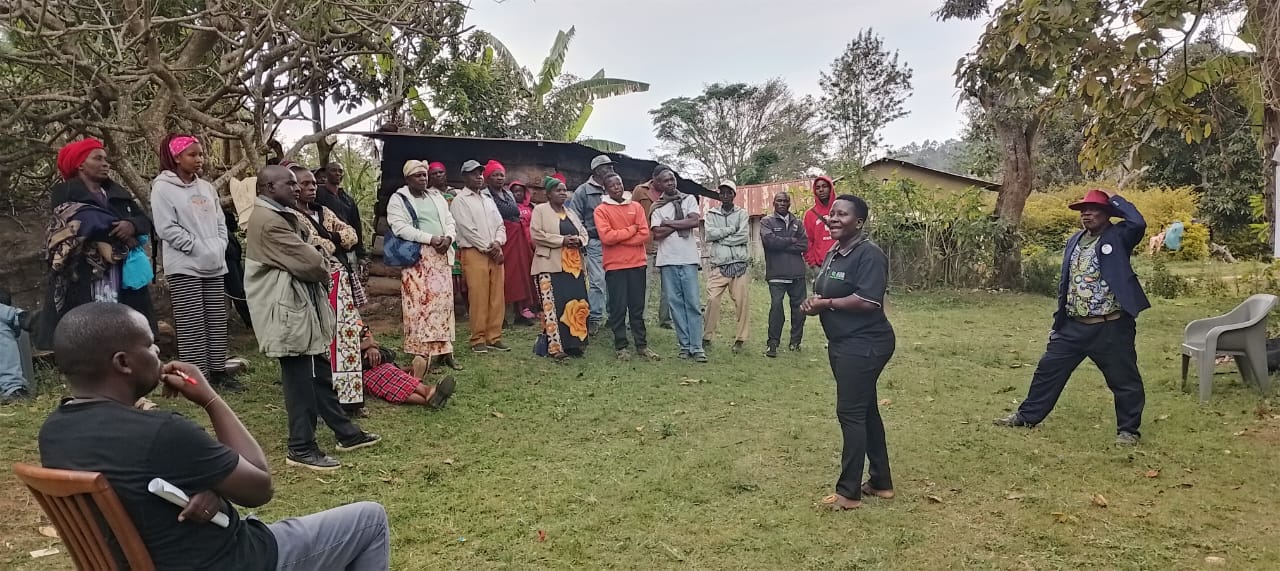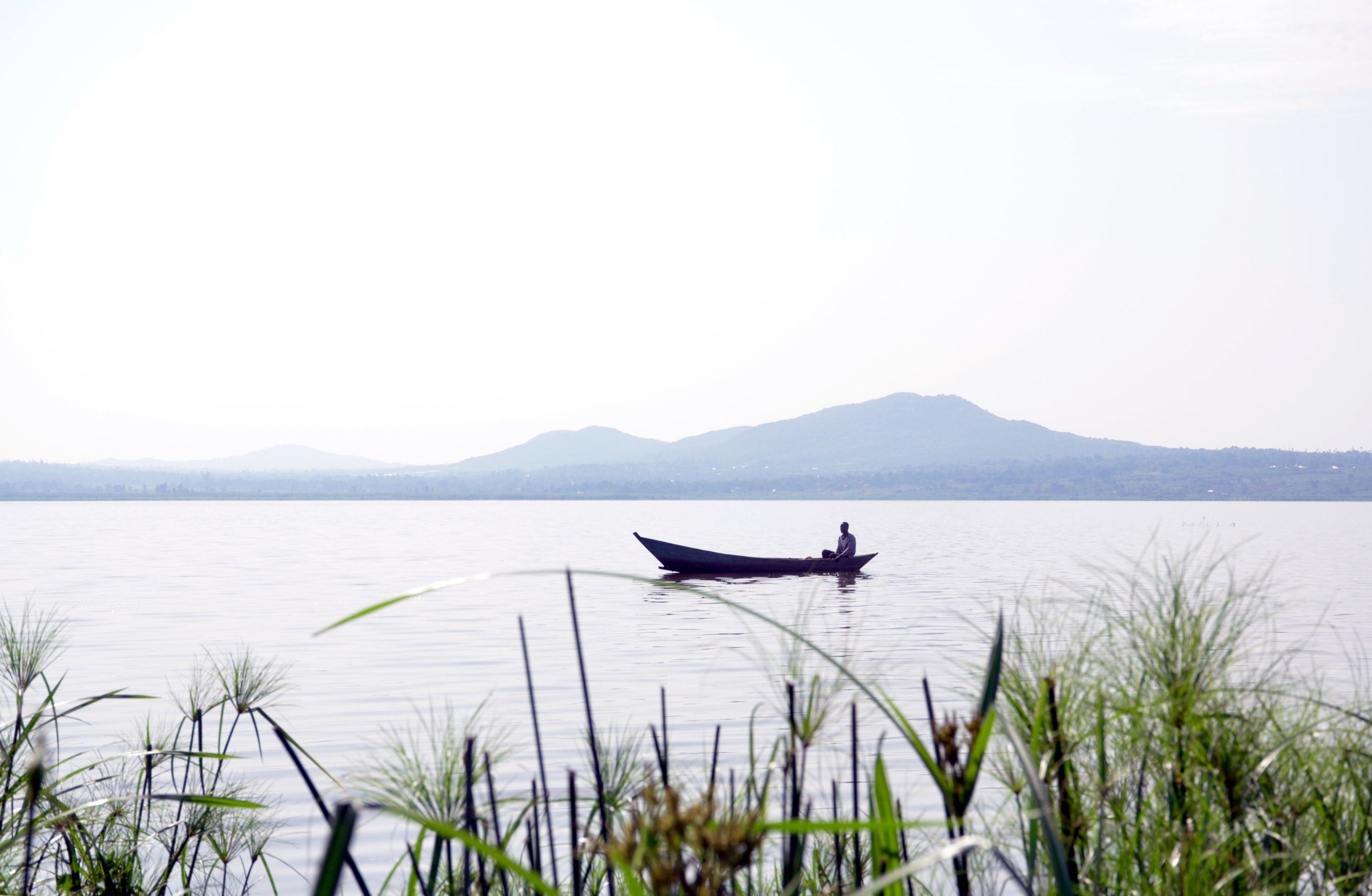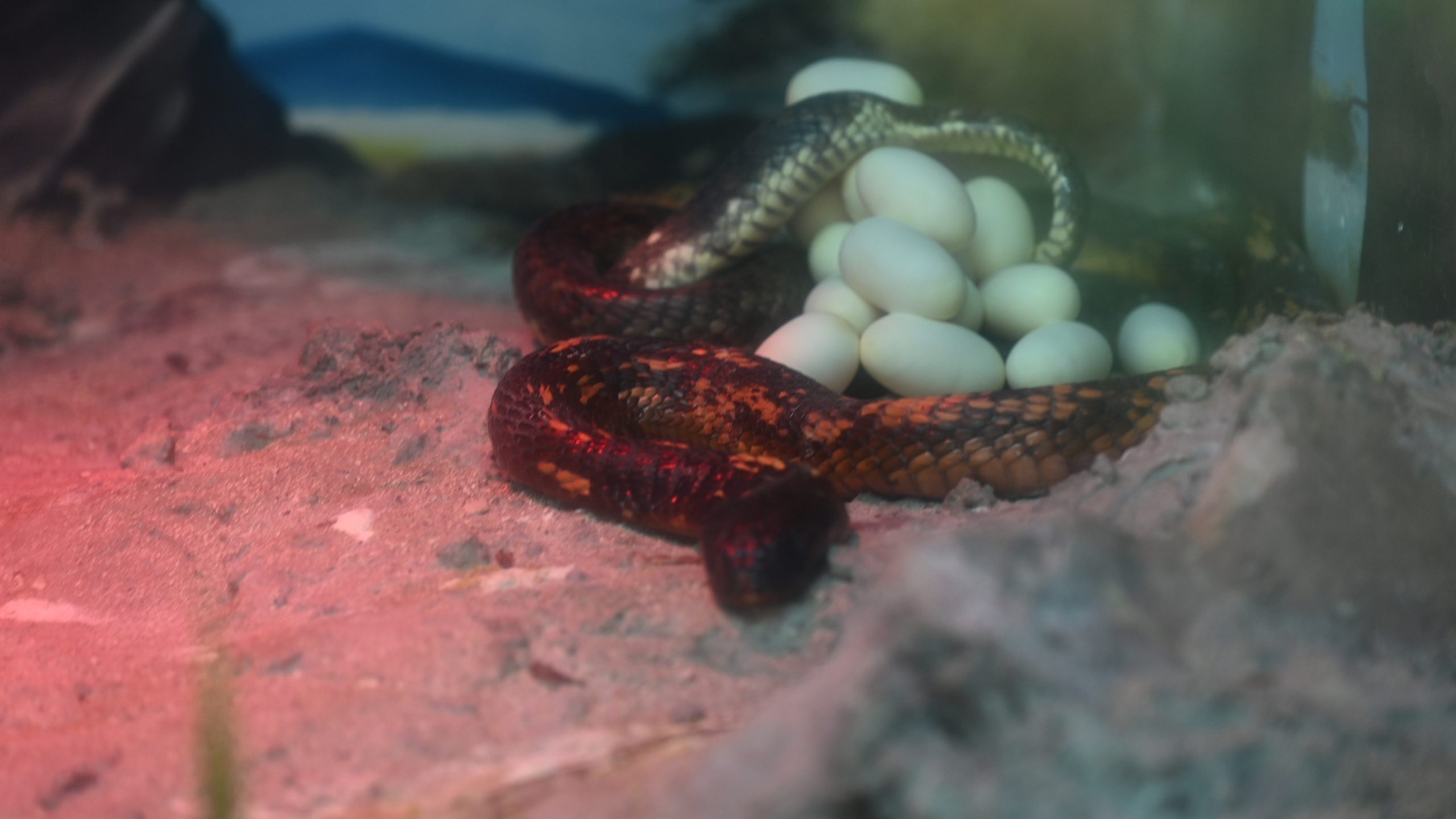Working Groups
Bird Committee
Bird Committee of the East Africa Natural History Society
Core Committee
- Willis Oketch - Chair
- Mike Davidson - Treasurer
- Joshua Sese - Secretary
The Bird Committee promotes the study, conservation and enjoyment of birds and their habitats in eastern Africa. The meetings every other month are a chance to exchange news and agree on action. Activities include:
- Advising on ornithological issues
- Kenya Bird Map (mapping bird distribution)
- Ringing Scheme of Eastern Africa (bird banding)
- Fundamentals of Ornithology course
- Raptor Working Group
- Publications
- Records and databases
- Binoculars Fund
- Maintaining Kenyabirdsnet e-group (a Yahoo group)
- Supporting Nature Kenya's Wednesday Morning Birdwalks, the annual Africa Waterfowl Census and other fieldwork
- Supporting public and international events
Contact: <birds@naturekenya.org>
Kenya Bird Map
The Kenya Bird Map (http://kenyabirdmap.adu.org.za/) is a project of the Bird Committee of Nature Kenya, in partnership with the National Museums of Kenya, Tropical Biology Association, A Rocha Kenya, and the Animal Demography Unit at the University of Cape Town. Start up funding for the first three years of the project was generously provided by the University of Copenhagen and Danish government.
Kenya Bird Map aims to map the distribution of all of Kenya’s bird species and describe their status with the help of input from Citizen Scientists – volunteer members of the public who are keen to contribute through going birding and submitting their observations to the project. By pooling the effort of many Citizen Scientist birders, Kenya Bird Map will tell the story of changing bird distributions and abundance – and in so doing provide a powerful tool for conservation. There is also a Kenya Bird Map Facebook Group for more interaction and mapping information https://www.facebook.com/groups/297955150385093/?fref=ts
Contact: Kenya Bird Map kenyabirdmap@naturekenya.org
Fundamentals of Ornithology Course
A weeklong general introductory course to ornithology is organized each April, together with the Ornithology Section of the National Museums of Kenya, A Rocha Kenya and Tropical Biology Association. The course covers a basic understanding of a wide range of topics about birds from basic biogeography, classification, feeding and breeding biology to detailed bird identification and ideas for improving your garden for birds. The course is both lecture and field-based. For more information and to apply for a place, please contact:
The Course Coordinator
Fundamentals of Ornithology,
P.O Box 44486,
00100-Nairobi, Kenya
Tel.: +254 (020) 3537568; 0750 149 200/ 0739 200 219
Apply for Fundamentals of Ornithology -2020 course here:
E-mail: foo@naturekenya.org
Publications
The Bird Committee publishes a peer-reviewed ornithological journal, Scopus
E-mail: Darcy Ogada <scopus@naturekenya.org>
The Bird Committee publishes bird checklists, including:
Checklist of the Birds of Kenya, 5th Edition, 2019
Nairobi National Park Bird Check List, 2012
Birds of the Sabaki Estuary
Birds of Dakacha Woodland
Birds of Kakamega forest
Birds of Meru National Park
Common Birds of National Museum Grounds
The Committee also publishes Being a Bird, a children’s book on bird behaviour and ecology
All these publications are available for sale in our shop
Contact: Membership Services <membershipservices@naturekenya.org>
Ringing Scheme of Eastern Africa
The Ringing Scheme coordinates and promotes bird ringing (banding) throughout the East African region and beyond through issuing of rings to qualified ringers, curating ringing data and tracking ring recoveries. The Ringing Scheme was started in the early 1960s and much about the origins and migration routes of migratory birds has been learnt from birds ringed and recovered in the region.
The aims of the Ringing Scheme are to:
Collect data from bird populations in eastern Africa through bird ringing so as to better understand their ecology and inform management decisions regarding their conservation
Maintain high standards of ethics, data collection and public acceptance in the practice of bird trapping, ringing and release
Bird ringing is a very specific and detailed form of field ornithology and requires a long and intense period of training.
For more information on the scheme and how to train to become a ringer contact the Ringing Scheme Organizer ringing.eafrica@gmail.com
Nairobi Ringing Group. The Nairobi Ringing Group holds regular sessions of bird ringing at the Nairobi National Museum grounds most Tuesday mornings. Visitors are welcome. At times the ringing may not take place due rainy mornings or times when experienced ringers are out in the field. In such cases, ringing may be postponed to Thursdays. Every two months there is a ringing session at Karara (A Rocha Kenya forested plot in Karen). The Nairobi ringing is meant to train and equip museum staff, interns, students on attachment, members of Nature Kenya and birding tour leaders with bird identification skills. Those with patience in handling birds in hands can take a further step in training as bird ringers.
Contact: Titus Imboma. titoimboma@gmail.com , timboma@museums.or.ke
Coast Ringing. Ringing training courses are held from time to time by A Rocha Kenya at the conservation centre in Watamu near Malindi. For more information contact kenya@arocha.org.
Ngulia Ringing. A long-term bird migration study takes place every November / December at Ngulia Lodge in Tsavo West National Park during the southbound bird migration. Over half a million birds have been ringed at Ngulia since it started in 1969 and it has become the longest-running project of its kind and one of the most key datasets on bird migration for the whole of Africa. A report on the first 40 years of work and results was published as a special edition of Scopus in 2014.
[http://www.naturekenya.org/content/report-ringing-ngulia-1969-2012]
Contact: ringing.eafrica@gmail.com
AFRING. The Ringing Scheme for EA is linking with the Southern African ringing scheme, SAFRING, to jointly curate and coordinate ringing data for Africa under the ‘AFRING Scheme’.
Binoculars Fund
The Binoculars Fund helps guides active in Important Bird Areas to obtain binoculars and identification field guides. This fund is a donation of Sir Jeffrey James, former British High Commissioner to Kenya.
To be eligible, an applicant must be:
- Active as a Site Support Group member in one or more Important Bird Areas; (other enthusiastic emerging birders with a deserving case may be also be considered);
- Have bird identification and other ornithological skills, at least in relation to their area; and
- Be willing to pay one-third of the total cost of the binoculars.
Applications guidelines can be obtained from the Nature Kenya office <office@naturekenya.org>
East African Rarities Committee
This committee vets the first five records of a species for Kenya and other unusual bird records
Contact: Nigel Hunter <nigelhunter@timbale.org>
Records and databases
The Ornithology Section of the National Museums of Kenya manages databases of bird records and Annual Waterfowl Census; and curates the National Bird Collection, which is open to researchers, schools and colleges, Nature Kenya members and interested members of the public. The Ornithology Section also conducts action-oriented research, training, and documentation and dissemination of information on birds and their habitats.
To submit bird records and enquiries send to the following address:
Ornithology Section, National Museums of Kenya
P.O. Box 40658, Nairobi, Kenya
Tel: (+254) (0) 20-3742161/4 ext 2243
E-mail: ornithology@museums.or.ke
The Raptor Working Group
(RWG) comprises scientists, conservationists, and other dedicated people who have a passion for protecting ‘raptors’ or birds of prey. Our aims are to raise awareness about the importance of raptors through public education and outreach, to conduct long-term monitoring and research on raptor populations, and to work with key partners to avert human-caused threats to raptors.
The RWG brings together experts in the field of raptor ecology and conservation as well as working with dedicated people in diverse fields such as film and print media, video production, photography and environmental education. Ongoing education initiatives include International Vulture Awareness Day that is held annually in Kenya. In collaboration with partner organizations, the RWG has initiated raptor road surveys that are conducted in February each year.
For current updates see our Facebook page ‘Raptor Working Group of Nature Kenya’ http://on.fb.me/1owUPrC
For further information contact Darcy Ogada via Nature Kenya



